13 Common Everyday Foods That Can Actually Be Quite Dangerous
Hidden hazards lie within your daily diet—uncover which items pose serious risks today!
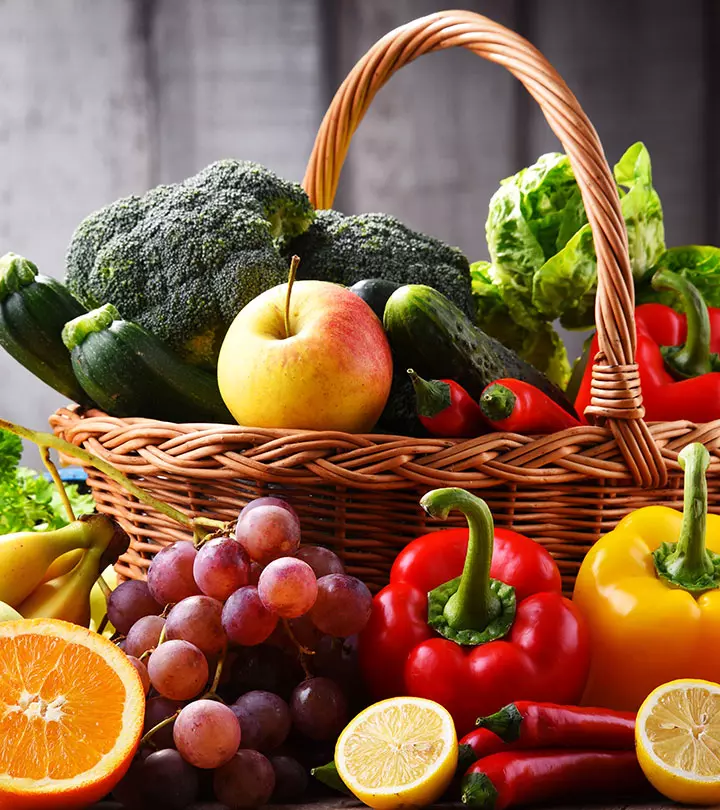
Image: Shutterstock
Who would have thought that the food you considered healthy would instead be causing you health issues? This could be due to a variety of reasons, be it bad farming practices, your allergies to a specific food, or a bad case of nutrient overdose. There are tonnes of vegetables and fruits out there that can be more dangerous to your body even if they seem pretty harmless. From exotic and famous delicacies like nutmeg to cassava flour and others, it is essential to note the actual ingredients of foods you consume. Some of these fruits and vegetables may taste super delicious and yummy, but their negative effects can be quite detrimental to your body. Even common foods like potatoes, peanuts, and lychee may cause you harm. So here’s how these thirteen common everyday foods can affect your system:
1. Potatoes
Underground potato stems and potato sprouts can contain a toxin that is called Glycoalkaloid (1). This toxin turns the potato into a green color when it gets exposed to light or gets damaged in any way. This toxin can cause nausea, diarrhea, headaches, and in rare cases, even death.
2. Cherry Pits
As delicious as they seem, cherries can be pretty dangerous when eaten the wrong way. It is absolutely essential that you spit out the cherry pits rather than eating the cherry whole. It may seem harmless to chew soft seeds, but it causes a toxic effect. The solid pit at the center of the cherry contains something called prussic acid, which is also called cyanide. It’s okay if you swallow one cherry pit whole but absolutely do not chew on the pits.
3. Peanuts
Plenty of people worldwide suffer from peanut-related allergies, and it is one of the most common allergies present. Peanuts can cause anaphylactic shock, which can lead to constriction of your airways. You can even lose consciousness. If left untreated, it can actually prove to be fatal. So make sure that you are aware of your allergens before you consume them. Double-check foods in restaurants or offered by your friends or colleagues, just in case there are peanuts or peanut oil involved.
4. Apple Seeds
Although everyone loves eating apples and people often say, “An apple a day can make the doctor go away”, apple seeds may not be as good for your system. Apple seeds also contain cyanide, and this can cause seizures, rapid breathing, and even death. Luckily, apple seeds also contain an inbuilt protective coating that prevents cyanide from entering our system if we accidentally swallow it.
5. Castor Oil
Castor oil has garnered tonnes of popularity for its well-known anti-inflammatory effects and incredible nutritious effects on our hair and skin. However, the plant that castor oil is made from, called the castor bean plant, is filled with a naturally occurring poison called ricin (2). Hence, it’s imperative that you purchase your castor oil from a trusted source that follows safety guidelines.
6. Nutmeg
Nutmeg is a nut that is frequently used to flavor all kinds of confections, baked goods, and puddings. When used in a small amount, nutmeg can add a delicious nutty flavor to foods. However, if you consume it in large quantities, it can cause dizziness, hallucinations, confusion, and even seizures. This is because it contains a toxin called Myristicin (3).
7. Bean Sprouts
Bean sprouts are a very common and rich source of protein. You can add them to your salads, lightly cook them into your stir fry, and even eat them plain with chili and lemon. However, if you‘ve left them uncovered and haven’t cooked them properly, the bacteria that is found in them can cause intense stomach issues and pain. Hence, it is vital to store them in a safe location and cook them the right way.
8. Red Kidney Beans
Out of the numerous varieties of beans that are available on the market, unripe red kidney beans contain the highest concentrations of a toxin called lectin. This toxin can impact your bowel movements and cause diarrhea, stomachaches, and vomiting. Even eating just four or five pieces of these kidney beans can lead to you suffering from terrible side effects. This is why you must boil the beans before you eat them.
9. Raw Milk
While most of us may consume our milk from supermarkets and other sources, unless you are lactose-intolerant, many people out there prefer to drink their milk unpasteurized and raw. It’s highly risky to drink raw milk as it can cause deadly infections like listeria and E.coli (4).
10. Bitter Almonds
Both sweet and bitter almonds contain a chemical compound called amygdalin. However, bitter almonds have a much higher level of amygdalin than the others. While it is safe to munch on sweet almonds, if you eat untreated bitter almonds, you may suffer from nausea, diarrhea, and even cramps.
11. Lychee
Who doesn’t love lychees, right? Well, this delicious and much-loved fruit might be more dangerous than you think. In some individuals, lychees may cause a condition known as Acute Encephalitis Syndrome. This is a type of brain fever that is caused due to inflammation in your brain. Symptoms of the condition include vomiting, seizures, fever, and even loss of consciousness (5).
12. Mushrooms
Mushrooms might be the preferred vegetarian topping for pizza, but you must be warned that it is unsafe to just walk into a forest, pick out wild mushrooms and eat them. There are specific types of wild mushrooms that can be extremely harmful to your body. Two well-known ones are called Amanita Phalloides, which is also called “death cap,” and a mushroom called Amanita virosa, which is called “destroying angel,” colloquially. If you eat these wild mushrooms, you will suffer from dehydration, liver failure, vomiting, coma, diarrhea, and in some cases, death.
13. Raw Cashews
Although many cashews you find at the supermarket may claim to be raw, the reality is that that is just a label manufacturer put on to sell the product. Before cashews are packed, they are steamed to get rid of a toxin called Urushiol. This toxin is present on the shell of cashews and is the same toxin present in the dangerous poison ivy. If you eat raw cashews plucked straight from the tree, you might suffer from an allergic reaction to it.
In the end, you should be extremely mindful of what you choose to consume and do your own research before you decide to indulge in anything. Everybody’s body has different constituents. It may be a pity that you can’t eat certain foods, but it’s better to be safe than sorry. You may be allergic to shrimp or if not, it can sometimes trigger some reaction. This also applies to veggies and fruits alike. Do let us know if any of the names on this list came as a surprise to you in the comment section down below!
References
Articles on StyleCraze are backed by verified information from peer-reviewed and academic research papers, reputed organizations, research institutions, and medical associations to ensure accuracy and relevance. Read our editorial policy to learn more.
- Potato glycoalkaloids and adverse effects in humans: an ascending dose study
https://pubmed.ncbi.nlm.nih.gov/15649828/ - Ricin Toxicity
https://www.ncbi.nlm.nih.gov/books/NBK441948/ - Acute nutmeg intoxication
https://pubmed.ncbi.nlm.nih.gov/1642706/ - Food safety hazards associated with consumption of raw milk
https://pubmed.ncbi.nlm.nih.gov/19737059/#:~:text=Several%20documented%20milkborne%20disease%20outbreaks - Probable Toxic Cause for Suspected Lychee-Linked Viral Encephalitis
https://www.ncbi.nlm.nih.gov/pmc/articles/PMC4412228/
Read full bio of Niharika Nayak





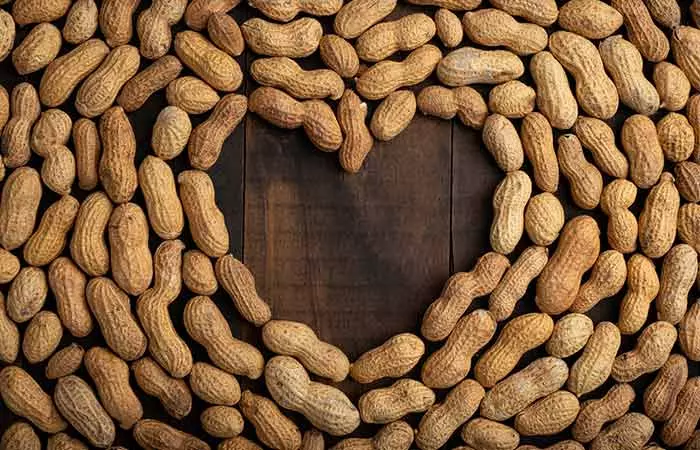
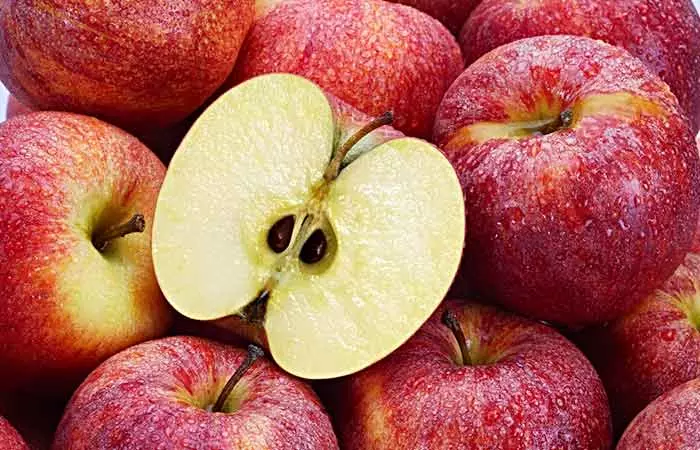

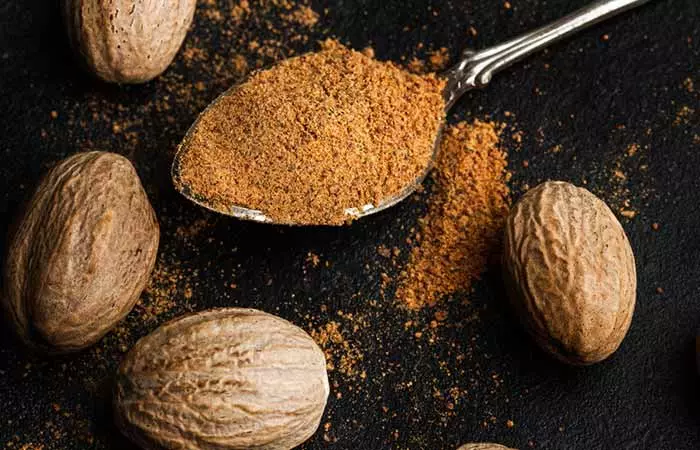
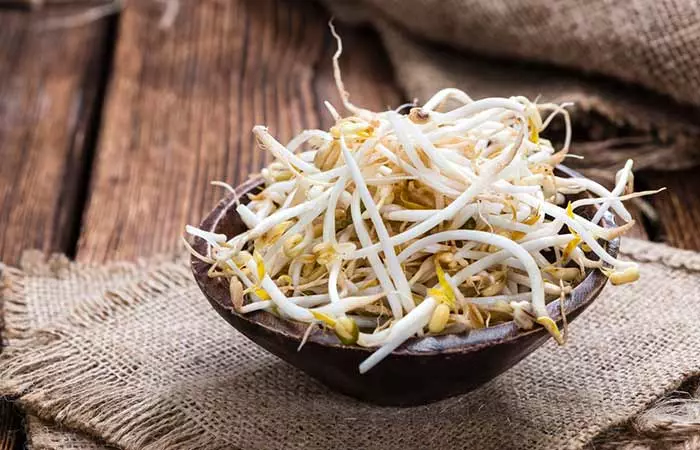
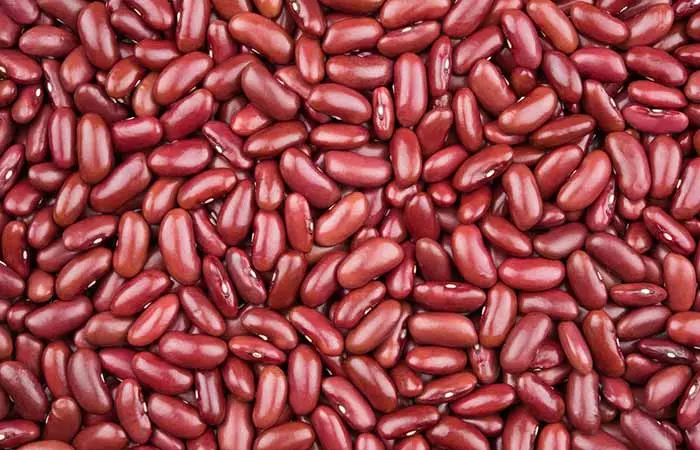

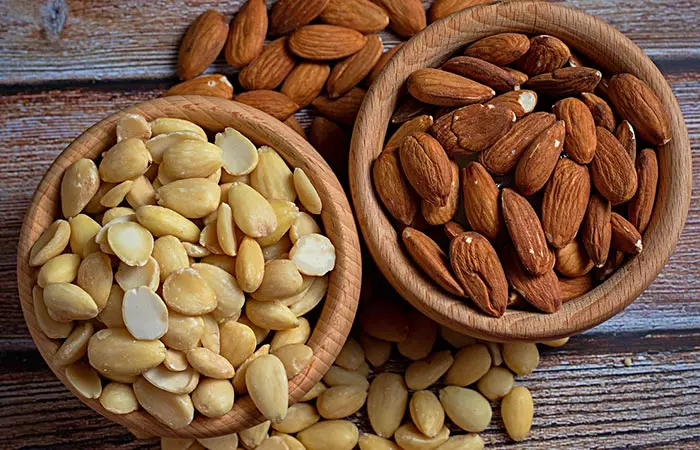
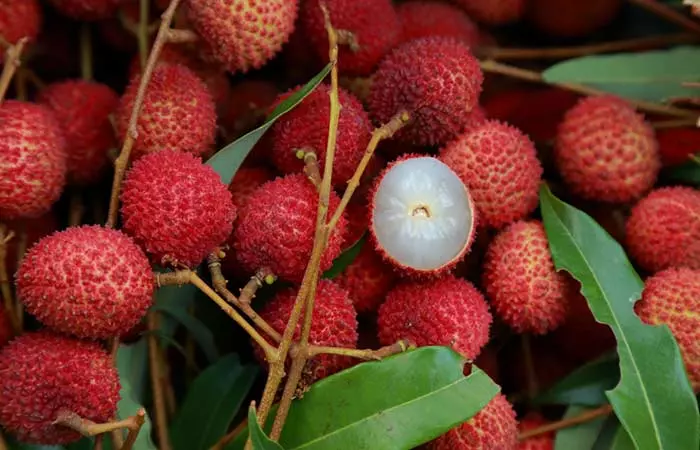
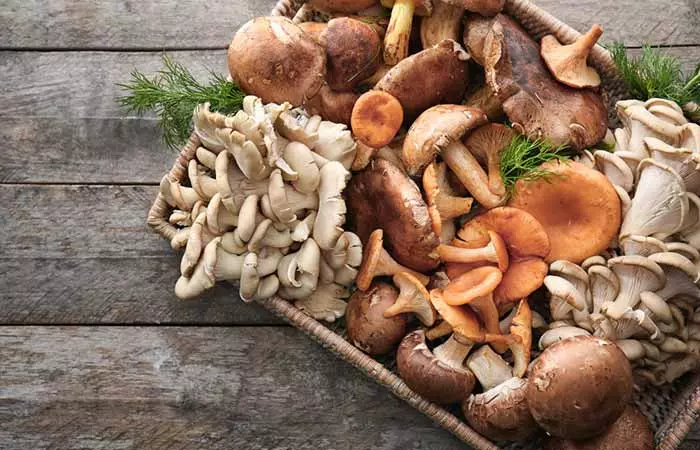
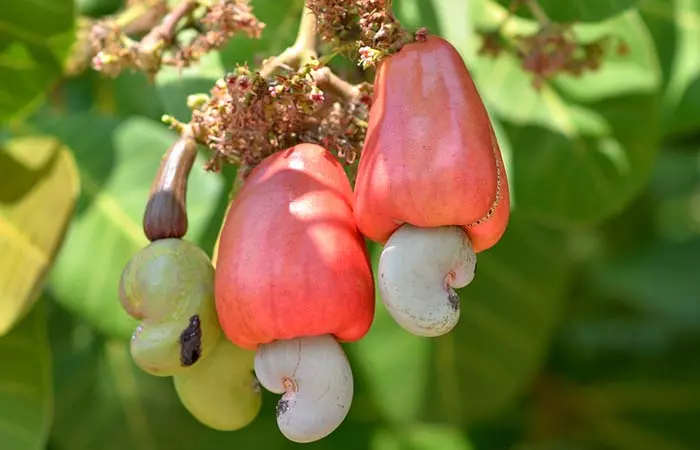

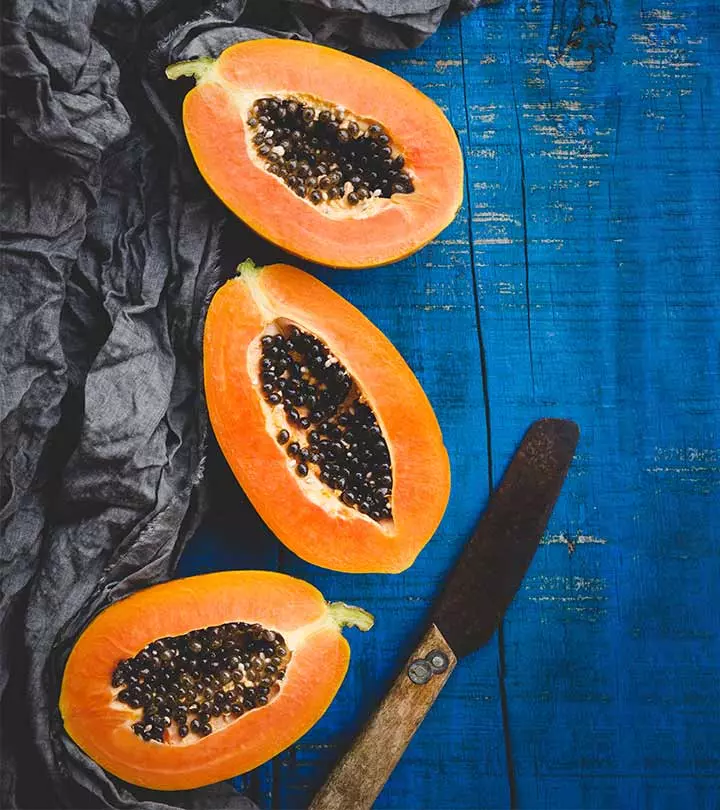

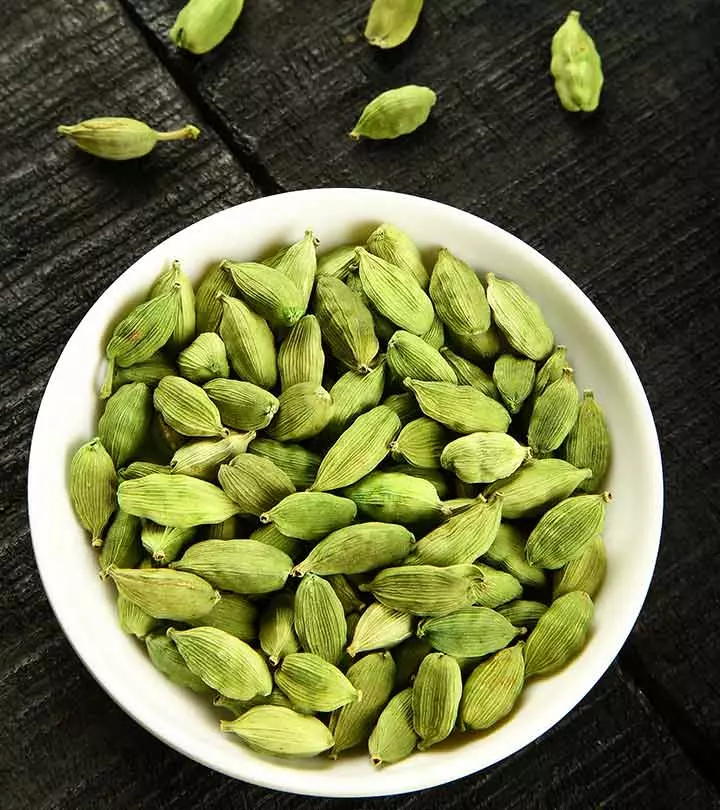
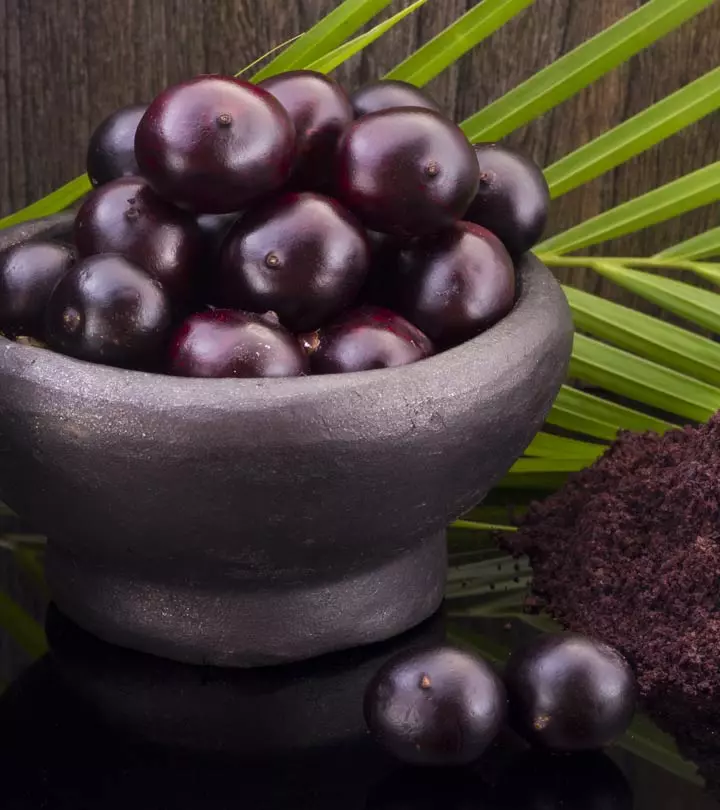
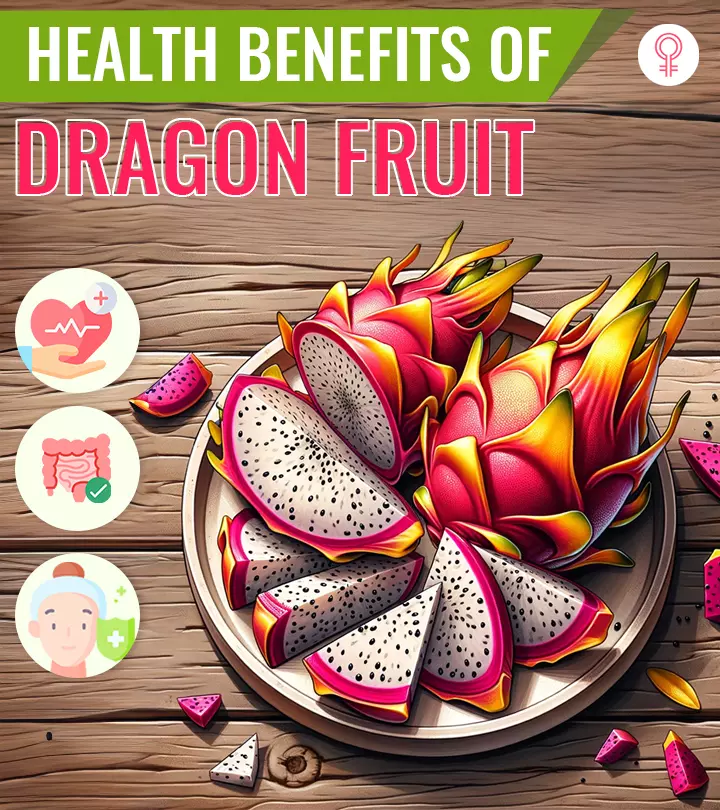

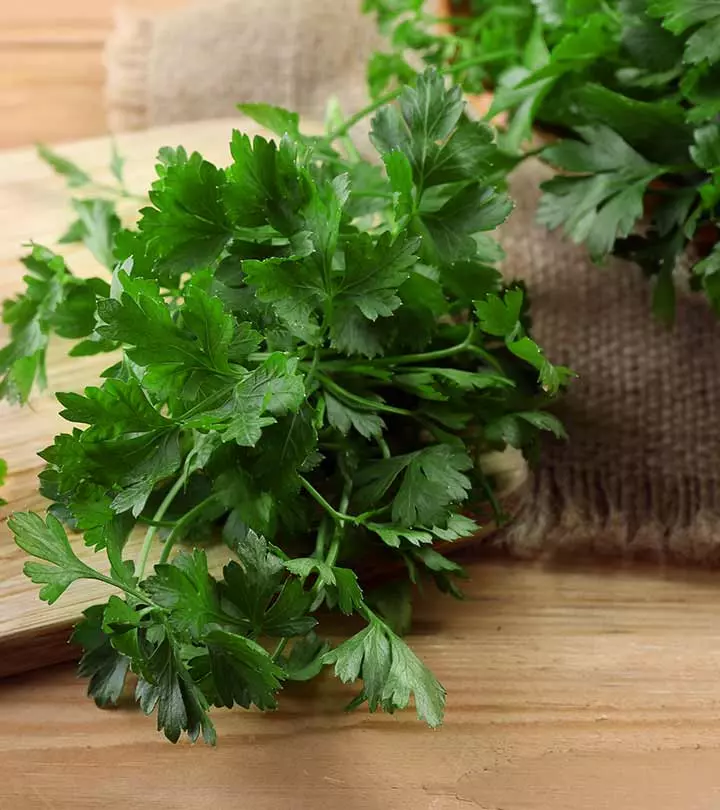
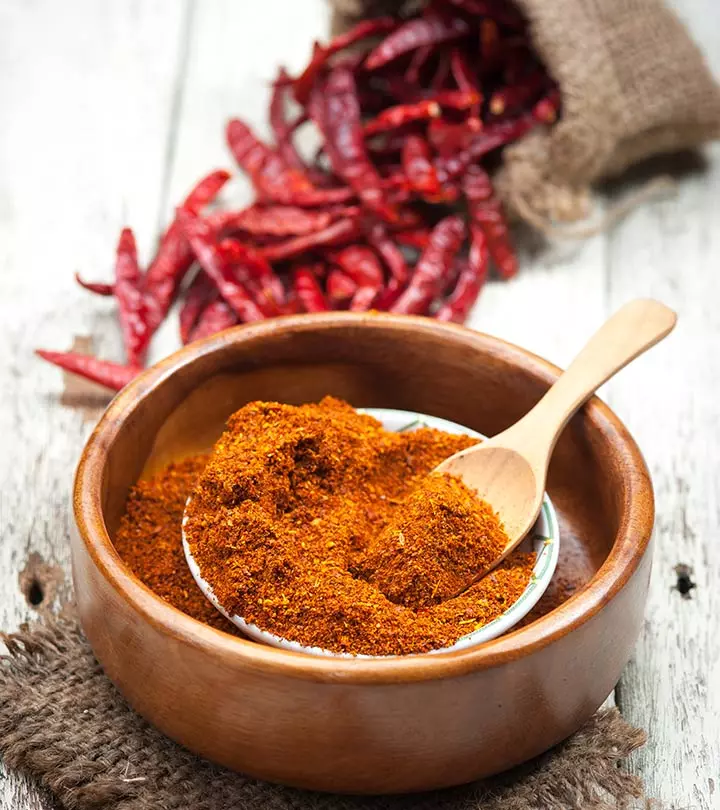
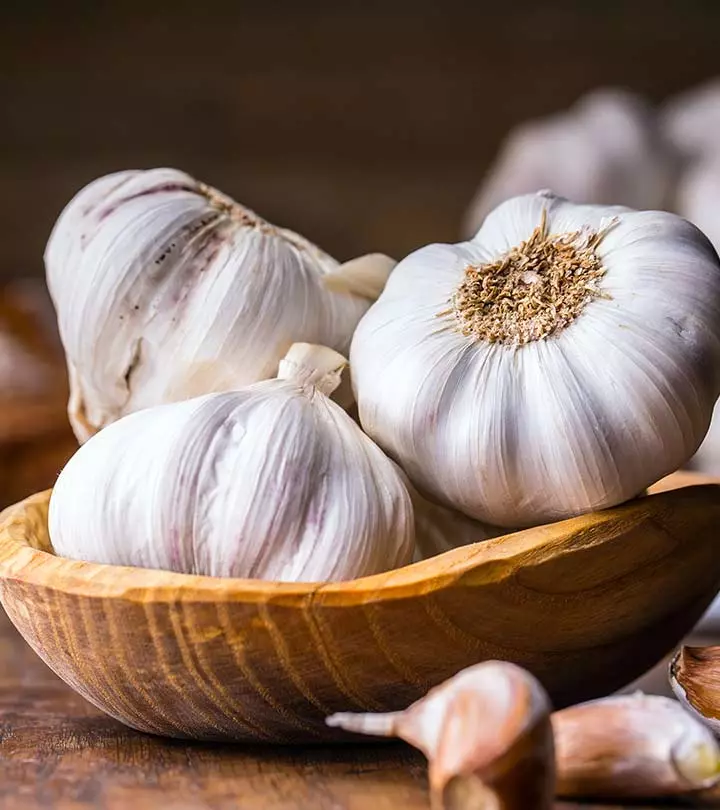
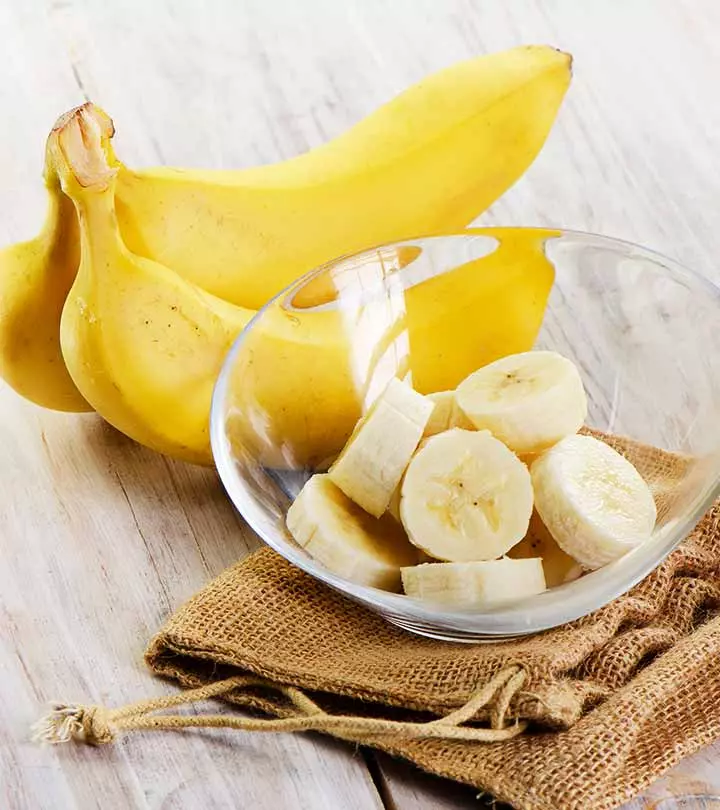












Community Experiences
Join the conversation and become a part of our empowering community! Share your stories, experiences, and insights to connect with other beauty, lifestyle, and health enthusiasts.